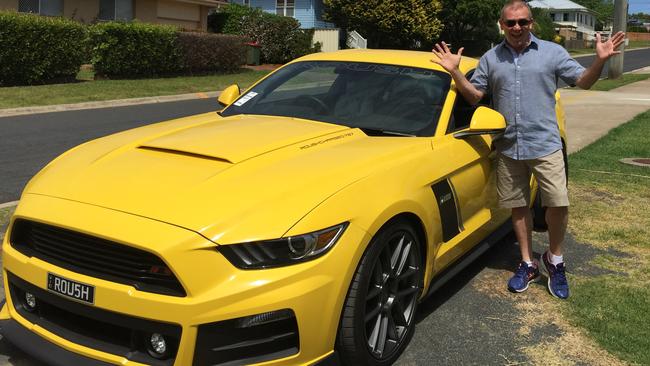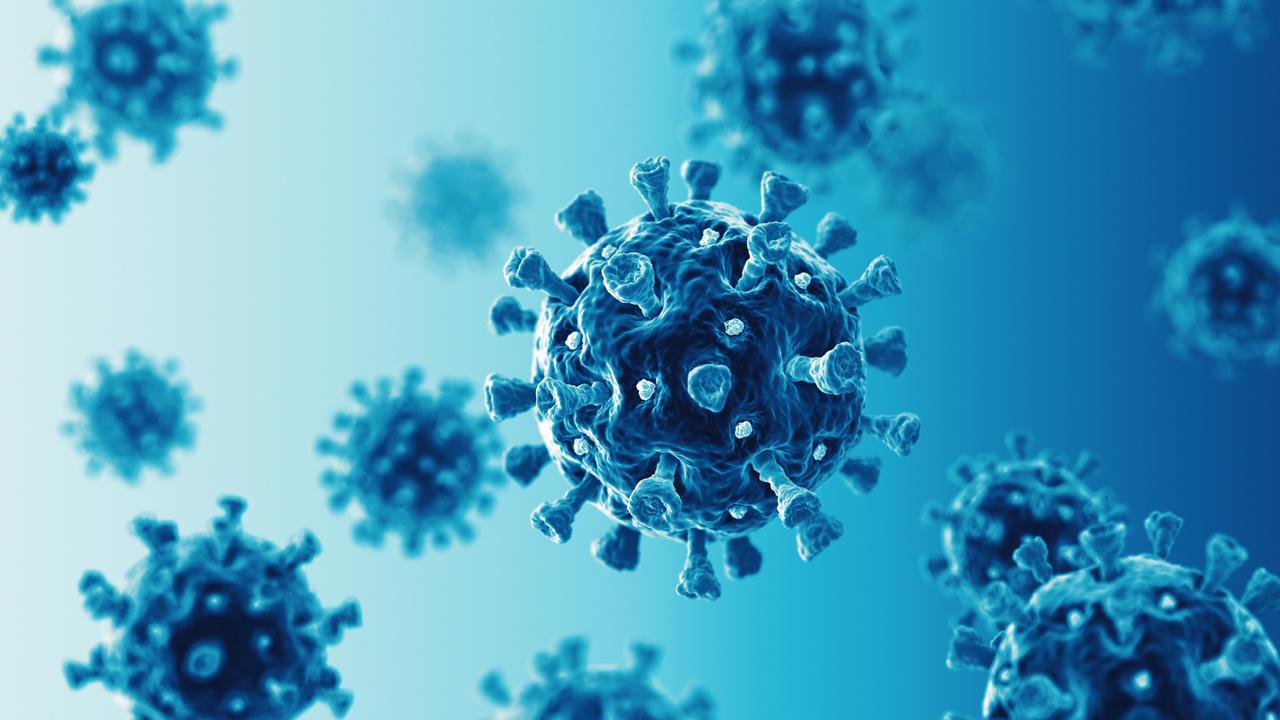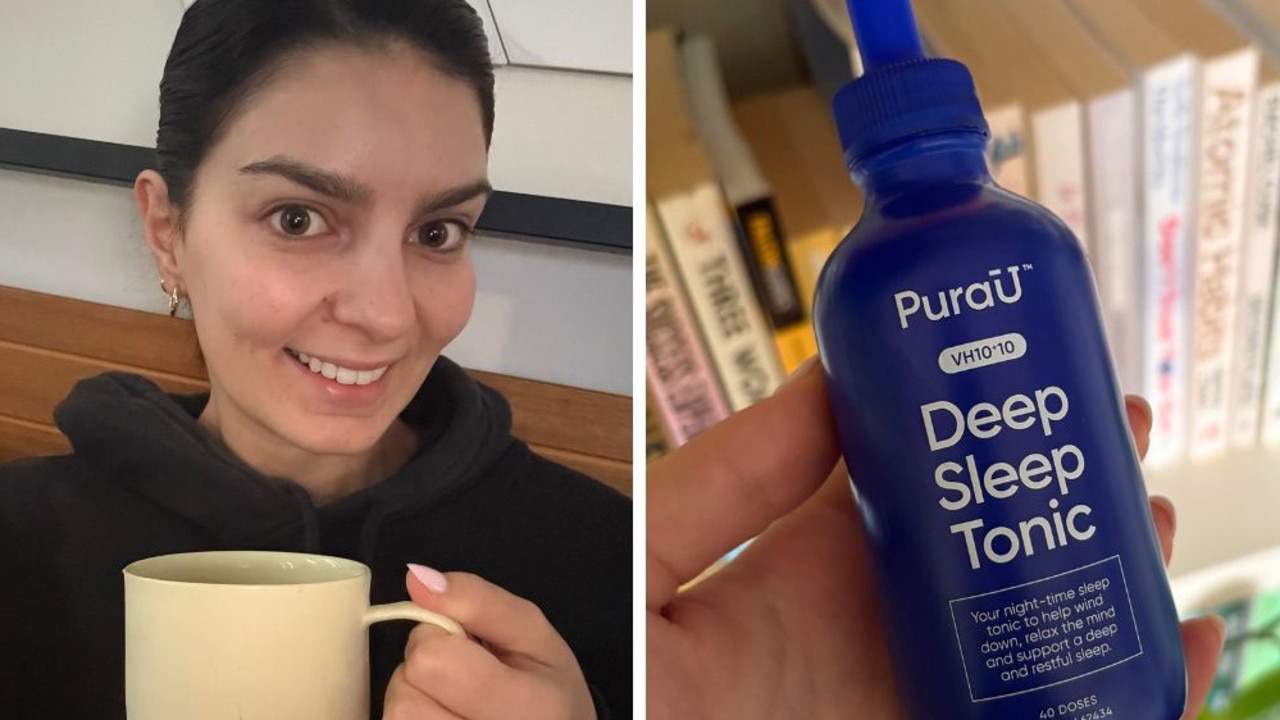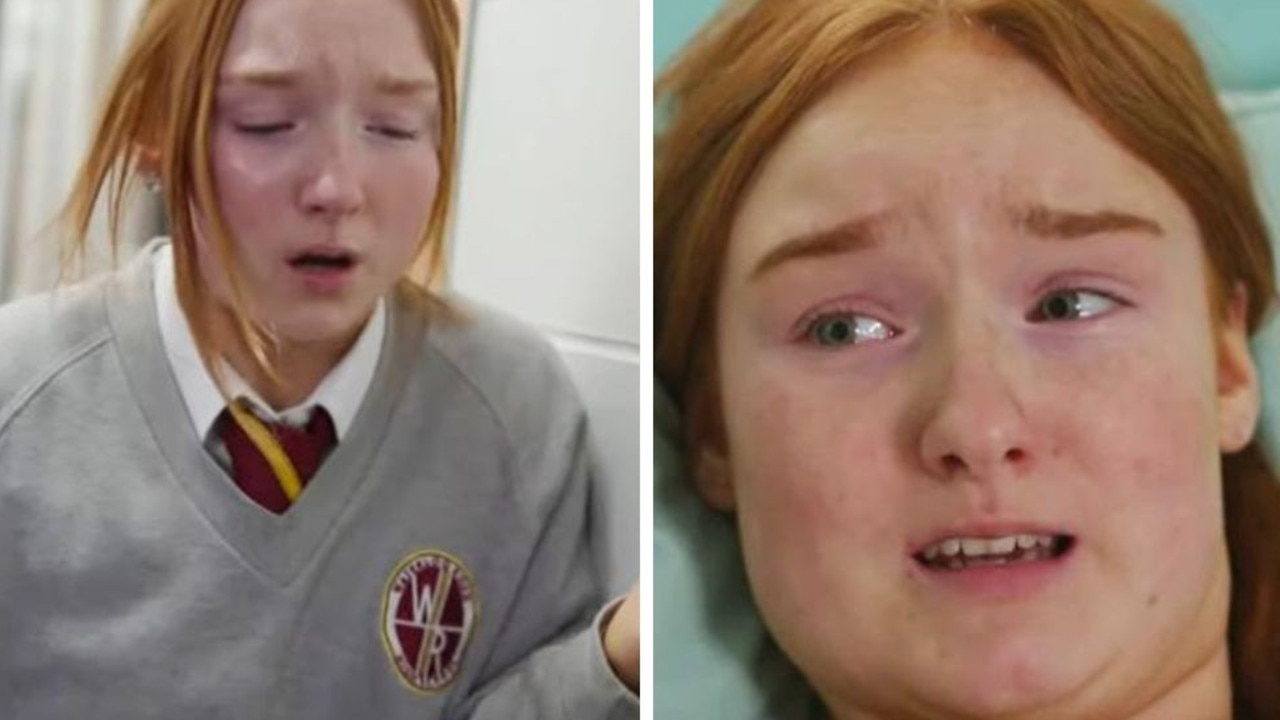This man is one in a million and it will probably kill him
TROY Campbell is literally one in a million. And it will probably kill him within a year. There are only a handful in the world like him.
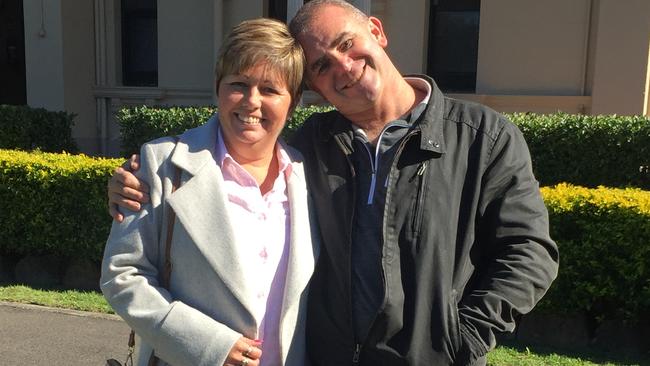
TROY Campbell is literally one in a million. There are only a handful of people in the world like him.
But that doesn’t make him lucky. In fact it will probably kill him within a year.
It all started back in 2013 when he noticed a bit of pain in his lower abdomen. He didn’t think much of it — he was, after all, a perfectly fit and healthy bloke in his late 40s.
Still, he eventually thought he should get it checked out and went to see his doctor. The doctor didn’t think much of it either.
But when it didn’t go away and after several more doctor’s visits they still hadn’t figured out what was wrong they sent him in for a CAT scan.
The scan found a small mass in his lower groin area but still the doctors weren’t too fussed. They thought it was probably scar tissue from a previous hernia operation.
The urologist told him: “I’m sure everything’s fine mate. We just need to do a biopsy.”
Even this was just a precaution. There was no cancer detected in any of his urine samples, no history of cancer in his family and Troy had never touched a cigarette in his life. He was fighting fit.
The next day the same urologist called Troy back. “We really need you to come in straight away,” he said.
Troy is a motel owner from Toowoomba. A married father of three daughters he adores and about as quintessentially laconic as a Queenslander can get.
He has a wry chuckle as he recounts that moment to news.com.au: “That’s generally not what you want to hear from a doctor.”
At that meeting Troy was told that the mystery thing that had appeared out of nowhere and for no reason and that everybody was sure wasn’t cancer was in fact cancer. And he wasn’t even 50 years old.
A lot of people have tried to put into words what it’s like to find out that the big C has come for them, that something has grown inside your own body whose sole purpose is to end your life, but for me, Troy puts that feeling the most perfectly.
“Your stomach …” he starts.
“Your whole …” he tries again.
“Everything just sort of …” he stops.
And that’s what it’s like. But that was only the beginning.
The next step was figuring out what kind of cancer it was. The most likely was that it was secondary bowel cancer because the only other option, were it to be a primary cancer, was all but unthinkable.
His doctor said of this latter possibility: “It’s extremely rare — no one ever gets it. If it’s this other thing we’d need to move on it very quickly.”
It was the other thing.
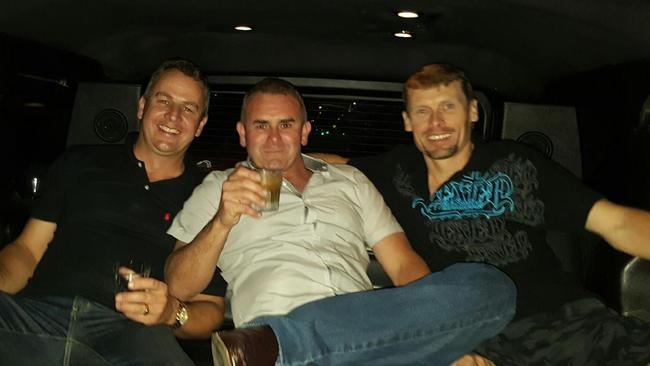
URACHAL cancer is ridiculously, ridiculously rare. In fact it shouldn’t even exist. The urachus is a structure that connects the belly button to the bladder before a foetus has even left the womb. This part normally disappears before a child has been born. In other words, it is a cancer that develops in a part of the body that is not even supposed to be there. That’s how rare it is.
It is estimated to occur in just one in a million people per year. Currently, as far as Troy is aware, there are only around half a dozen or so other diagnosed cases in the world. It is, obviously, also very hard to diagnose.
And it is very deadly. According to one study the median survival rate is just 2.6 years. Troy is coming up to year five.
It is also all but impossible to treat. The only known response is to cut it out and hope that it doesn’t come back and that was what they did in Troy’s case.
As he was being wheeled into the operating theatre at a major Brisbane hospital he turned to the surgical team and said: “I know it’s a Saturday afternoon and we all want to have a beer, so let’s do this once and do it properly.”
And they did. “It was all good,” Troy says.
Then, a year and a half later: “I got up one morning and I had this pain in my right groin muscle.”
Initially his GP tried once more to be optimistic but it was no good.
“I knew,” Troy says.
The cancer was back. He asked his GP who he would go to if it was him who had it. He named one of the top surgeons in the country and Troy went to see him. The surgeon detailed the impact — that he would have to take out a whole “perfectly good” muscle that would leave him slouched and walking limp.
“I don’t want to do this operation,” he said. “But unfortunately you’ve got no choice.”
He didn’t have a choice and so the operation went ahead. But it still didn’t stop the cancer.
The next attempt was chemotherapy. Every week he was sat in a chair for eight hours and pumped with three different types of chemo because his cancer was so severe and obscure they weren’t sure which one might work. They just threw everything at it. One of the nurses said it was the biggest dose the hospital had ever seen.
“It didn’t help at all,” Troy says. In fact it spread.
Eventually his oncologist told him to accept the fact he was going to die.
His daughter, who was in the room with him, would have none of it.
“There’s no way my dad is going to accept this,” she said.
Meanwhile, unbeknown to him, one of Troy’s longstanding employees at the motel had the idea to set up a crowd-funding page for him. When he found out he thought it was crazy — he didn’t want to take other people’s money — but he had such a reputation in Toowoomba and had given so much to charity in the past that the community rallied. They raised thousands of dollars that enabled him to go to Tokyo for a radical immunotherapy treatment that tried to mobilise the body’s own defences to attack the cancer.
The Japanese team had treated this type of cancer before. It was a long shot but at least it was a shot.
Yet for some reason Troy’s particular cancer didn’t have the necessary element that would flag it as hostile to his body. His own immune system couldn’t recognise it as a threat.
And so the battle continued. He was blasted with radiation, flooded with drip drugs and pumped full of pills. In the middle of it all the stainless steel mesh that was holding his insides together broke free, causing him an unimaginable type of pain.
And still the cancer remains.
His only chance now is an even more radical treatment in the US in which white blood cells are infused with the protein needed to tag the cancer, essentially to paint a target on its back so the immune system knows it should be fighting it. Or something like that.
It is the wild frontier of experimental medicine but it is his only hope for survival. If it doesn’t work he will almost certainly be dead in a year.
“The prognosis is if I don’t find something in the next 12 months it will probably kill me.”
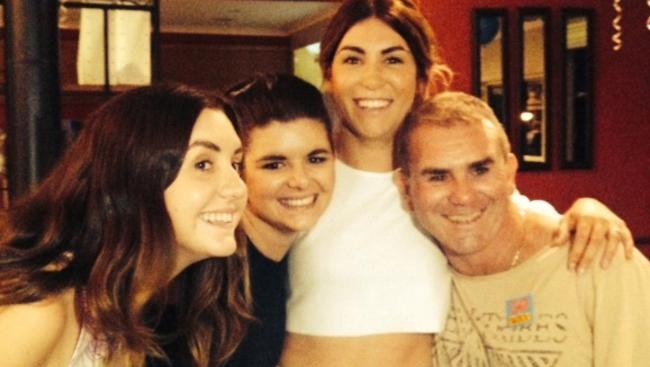
SO what, you may ask, is the good news?
The good news is that in a week marked by anger over government dithering and indecision, the government this week actually did something very decisive.
While rare cancers are each very rare, together they are devastatingly brutal. They kill 25,000 Australians a year — around half of the total number of people diagnosed annually.
On Wednesday Rare Cancers Australia launched what is possibly the shortest political campaign in history — a canny gift in a fight against a disease that kills so quickly.
Because also on Wednesday the Health Minister Greg Hunt embraced the recommended reforms as part of a $13 million package to give sufferers greater access to treatment.
This is government doing what it should, on what is, amid all the outrage about other political issues, literally a matter of life and death.
And as for Troy, who is literally one in a million, life still goes on.
If a government doing something quickly, quietly and compassionately hasn’t shocked you enough then try this on for size: Troy’s insurance company paid out his entire life insurance policy to him after finding out he may have less than 12 months to live. In fact the very same bloke who sold it to him years ago drove out to personally hand him a cheque for $2.5 million.
And so Troy may still have only a year left on this planet but now he also has a Mustang.
It’s enough to make you believe in miracles.
